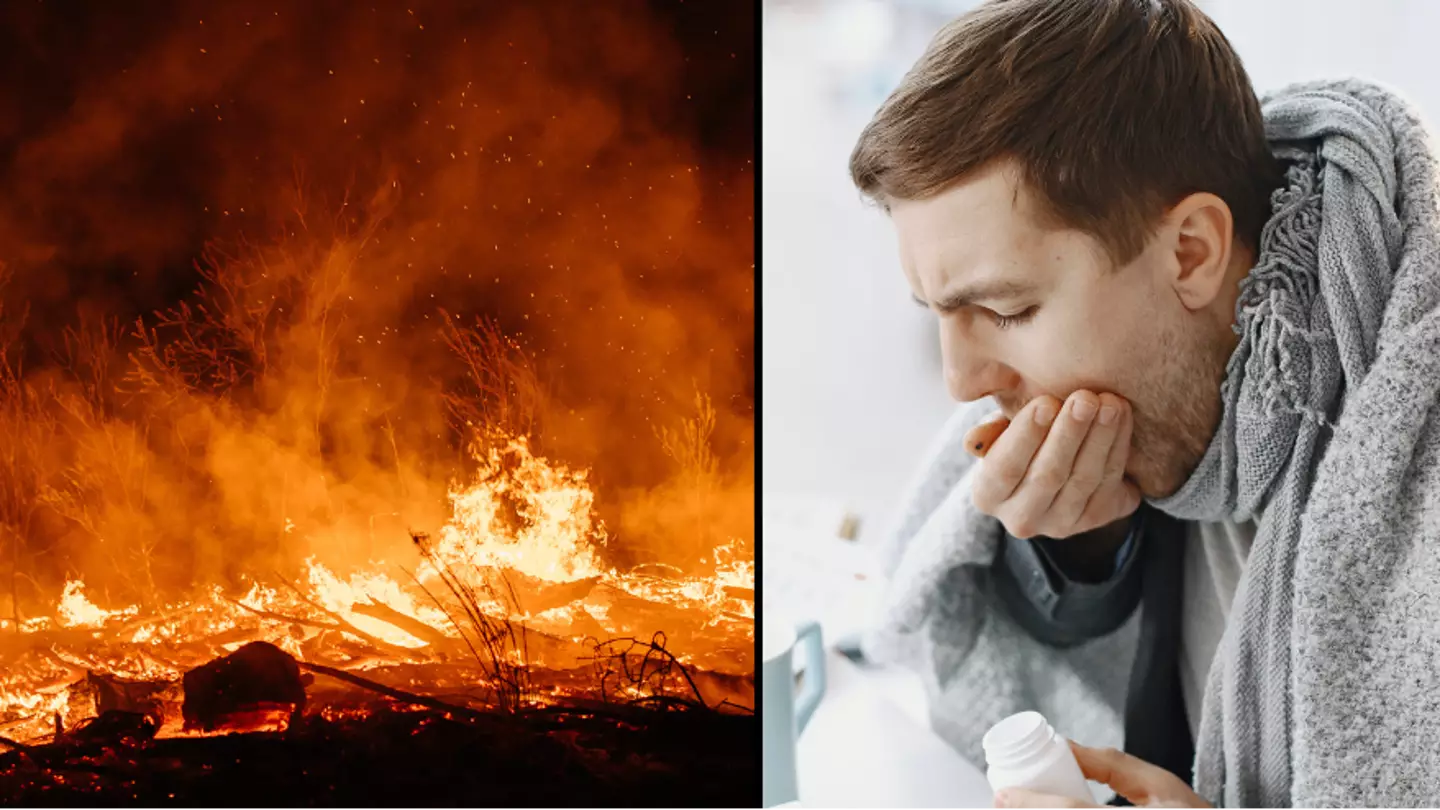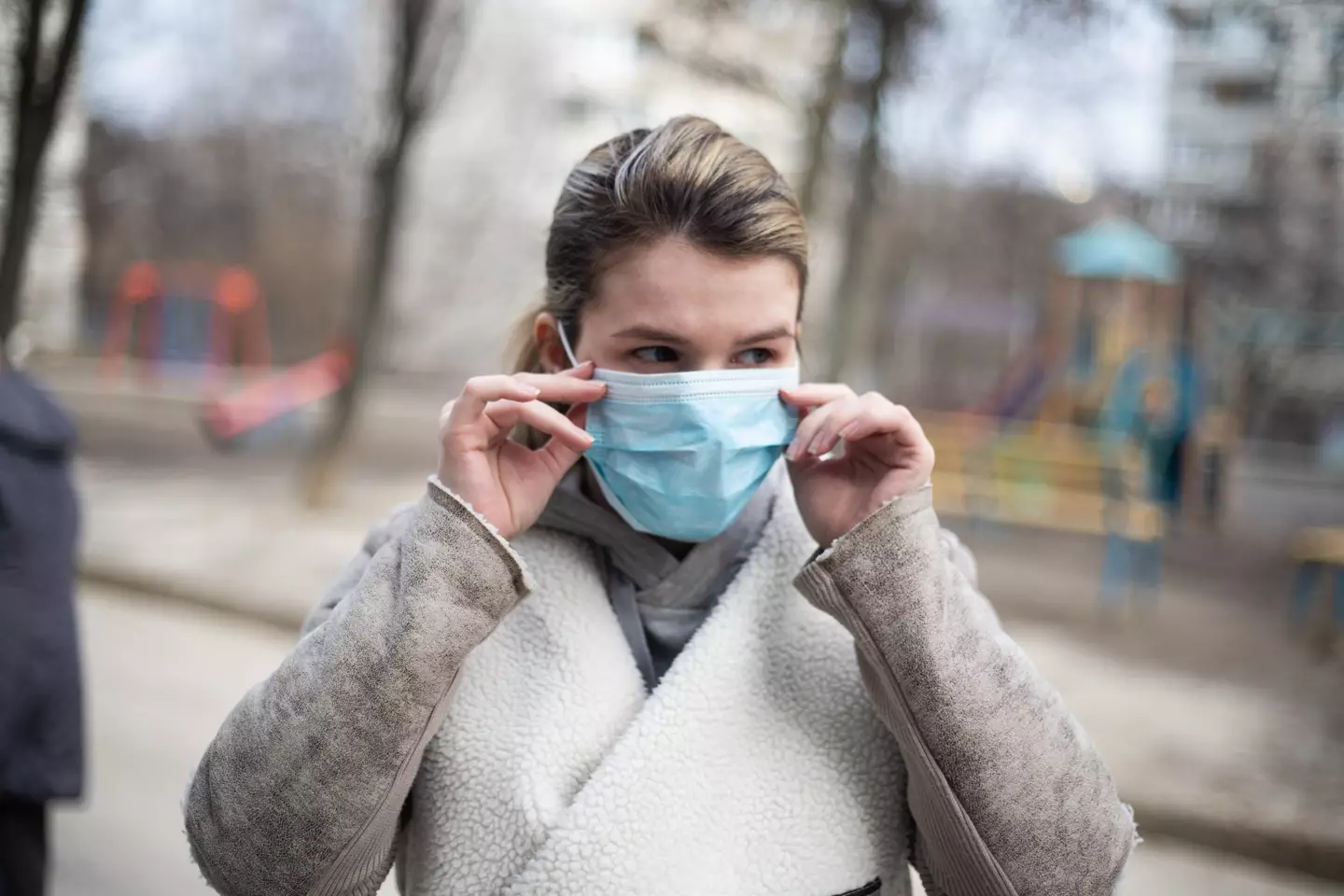
An expert has explained the potentially brutal impact that breathing in the smoke from wildfires can have.
Wildfires have recently swept through the Greek islands of Corfu and Rhodes, leading to evacuation of locals and holidaymakers, while just last month fires in Canada left parts of New York covered in orange haze as smoke spread in.
Thinking back to 2019-2020, wildfires tore through Australia for months on end, which left more than 46 million acres scorched and was branded ‘one of the worst wildlife disasters in modern history’ by a leading expert.
Advert
The obvious risk from wildfires comes from being in contact with the flames, but experts warn that the smoke - which spreads far and wide - can also pose massive health risks.
You probably don’t need an expert to tell you that breathing in the smoke can lead to coughing, sore throat, stinging or running eyes as well as difficulty in breathing.
However, inhaling wildfire smoke can also experience headaches, increased heartbeat, chest pain and sinus problem, the Centers for Disease Control warns.

And certain people, such as those with underlying health conditions like asthma, or the very young or elderly, can be more at risk of experiencing problems from wildfire smoke.
Advert
Dr Heather Price, a senior lecturer in environmental geography at the University of Stirling, told Metro: “Exposure to smoke from wildfires is a significant and growing public health concern.
“Wildfire smoke has been linked with increased emergency room visits and hospital admissions for lung-related health conditions, such as asthma and chronic obstructive pulmonary disease [COPD].
“The evidence for impacts on cardiovascular health conditions and overall mortality is more mixed. Some people are more at risk from wildfire smoke than others, including children, older adults, people who are pregnant and those with pre-existing conditions, such as asthma.”
And due to the nature of smoke, it can travel large distances, meaning people may not even be aware of what they’re breathing in.

Professor Athanasios Nenes, an atmospheric chemist at the Institute of Chemical Engineering Sciences in Patras, Greece, told the European Commission in 2020: “People might not even be aware they are breathing in the fumes from a faraway forest fire, but it will be affecting their health.”
Advert
Wildfire smoke is particularly harmful due to a mix of pollutants including nitrogen oxide, monoxide and PM 2.5 pollutants, that are made up of tiny particles that can be breathed in and absorbed into the bloodstream.
According to the World Health Organisation, PM 2.5 pollutants from wildfire smoke can "cause and exacerbate diseases of the lungs, heart, brain/nervous system, skin, gut, kidney, eyes, nose and liver.
"It has also been shown to lead to cognitive impairment and memory loss."
Featured Image Credit: Svetlana Repnitskaya / Getty / PexelsTopics: World News, Health